Gun clubs have been around for many years. In fact, they’ve been around so long that some shooters may think of them as archaic holdovers from the 1950’s. That’s an unfortunate view as modern shooting clubs can offer a wide range of benefits.
So, why join a gun club?
Fundamentally, gun clubs offer shooters access to ranges, training, and community that would cost significantly more if pursued individually. Depending on the club, the members typically save money on range fees, and can sometimes gain access to facilities that might otherwise be closed to the public.
Range Access and Facilities
Most gun clubs maintain shooting ranges that members can use. For clubs with a public range, members can typically shoot for free and may have access to extended hours.
Many clubs have more than one range on the grounds. In these cases, you may be allowed to shoot on the members’ range and avoid fighting for lane time on Saturday mornings. You show up, shoot, go home.
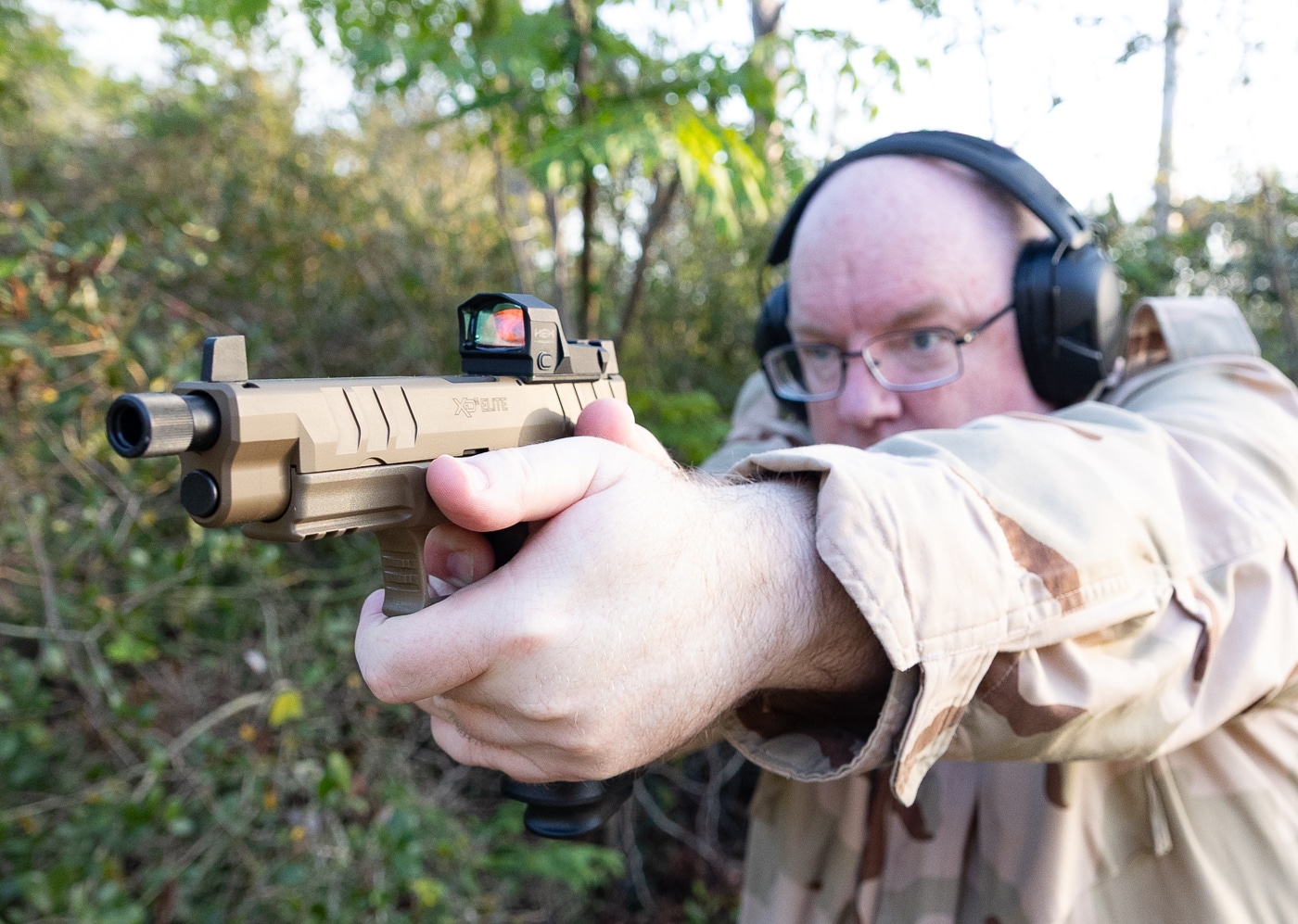
The facilities tend to be well maintained. Members have a stake in keeping things clean and functional. Public ranges frequently have a single shooting area that is shared by all kinds of shooters. Clubs often have multiple ranges that offer different distance options such as pistol bays at 25 yards and rifle lanes stretching to 100 or 200 yards. If your club has enough space, you may even have access to a 1,000-yard facility for long-range precision work.
Another benefit to club range can include increased variety such as steel targets, moving target systems, practical shooting bays. Some clubs build entire shoot houses for defensive training scenarios.
Cost Savings Over Time
Typically, public ranges charge per visit. Those fees add up fast if you shoot regularly. A gun club membership pays for itself after a certain number of visits — usually somewhere around 10 range sessions depending on local pricing.
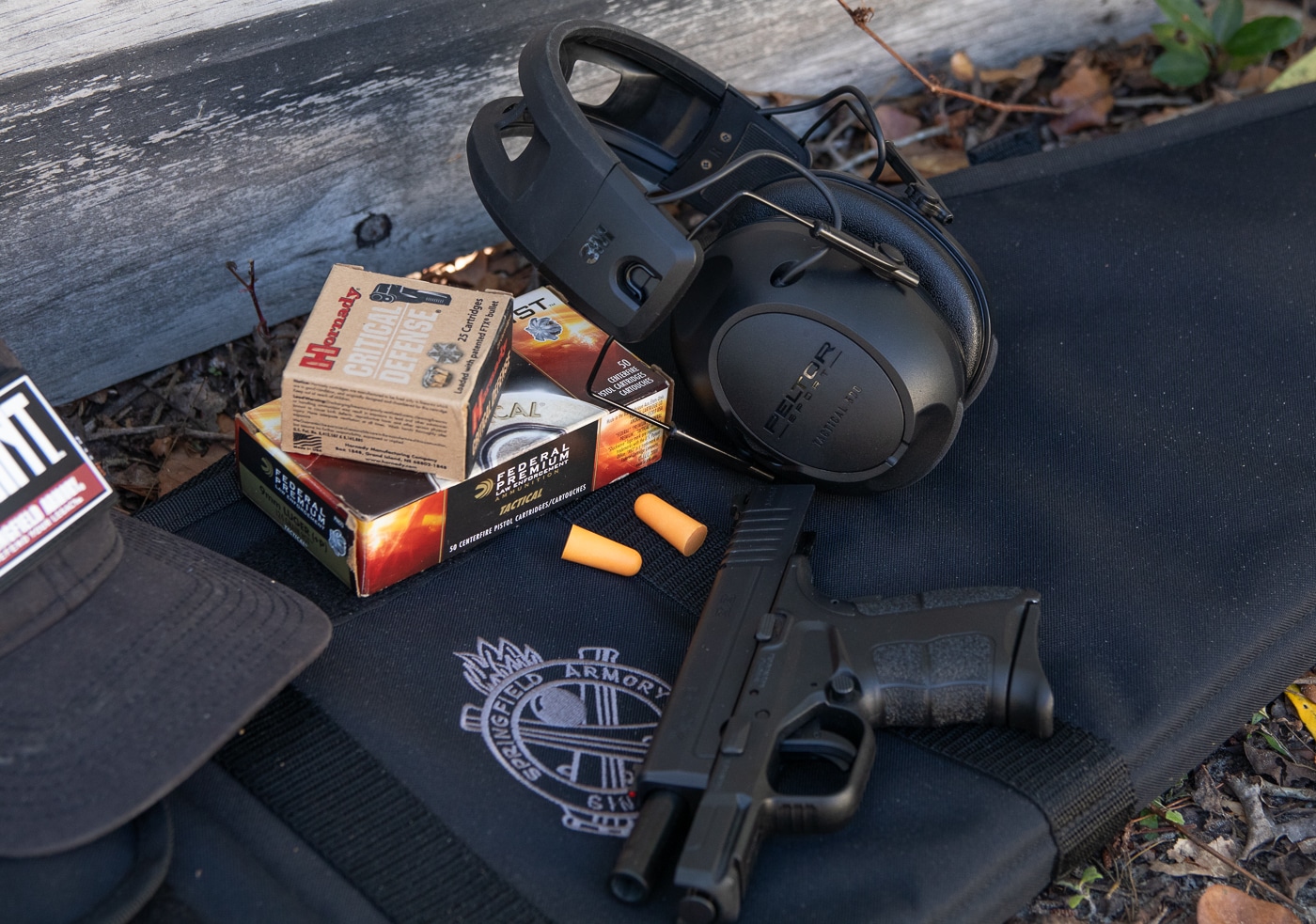
Beyond range fees, many clubs offer discounts on ammunition purchased through group buys. Same goes for targets and other shooting equipment.
Another cost savings can come from discounted or free training.
Training and Skill Development
Gun clubs frequently host training courses like basic pistol classes, rifle marksmanship fundamentals, introduction to shotgunning, and defensive shooting techniques.
In addition to the standard training classes the organization offers, many clubs also host nationally recognized instructors
I think the informal learning matters just as much. Experienced shooters hang around gun clubs. I’ve learned a lot about reloading, for example, from some of the older gentlemen at my club. These guys have been pulling the handle on a press for many years and are often happy to help you work up loads, etc.
Competitive shooters also train at gun clubs. You watch how they set up, how they move, how they approach different shooting challenges. That exposure accelerates your own development faster than reading about techniques online. And yes, they are just as friendly as other club members, so they may be willing to help you with your own shooting.
Competition Opportunities at Gun Clubs
Speaking of competitive shooters, most gun clubs host matches. Some are informal while others are sanctioned matches like USPSA, IDPA, Steel Challenge, etc. Often, these matches introduce competitive shooting in a low-pressure environment. Everyone started somewhere, and club matches are where most people start.
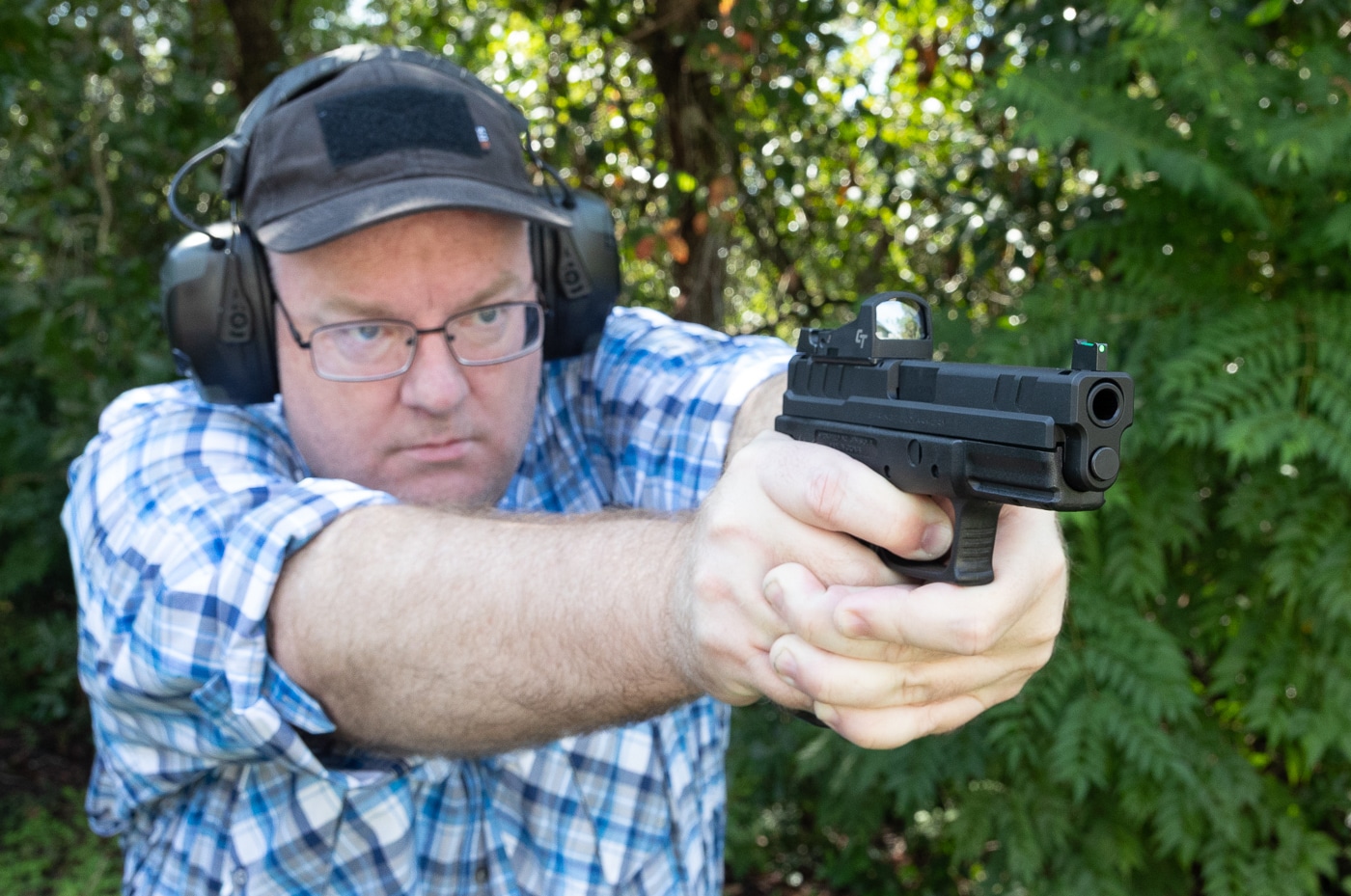
Match fees at club-hosted informal competitions often run much cheaper than sanctioned matches. This makes it more about fun when you’re learning the competitive shooting process. Possibly the best matches are the pin shoots.
Social and Community Aspects
Shooters tend to be independent people who believe strongly in the concept of self-reliance. However, independence probably should not exclude community involvement.
Gun clubs connect you with people who share your interest in firearms. That community provides more value than you might expect. You find shooting partners, get recommendations on gear, and more from people who actually know them.
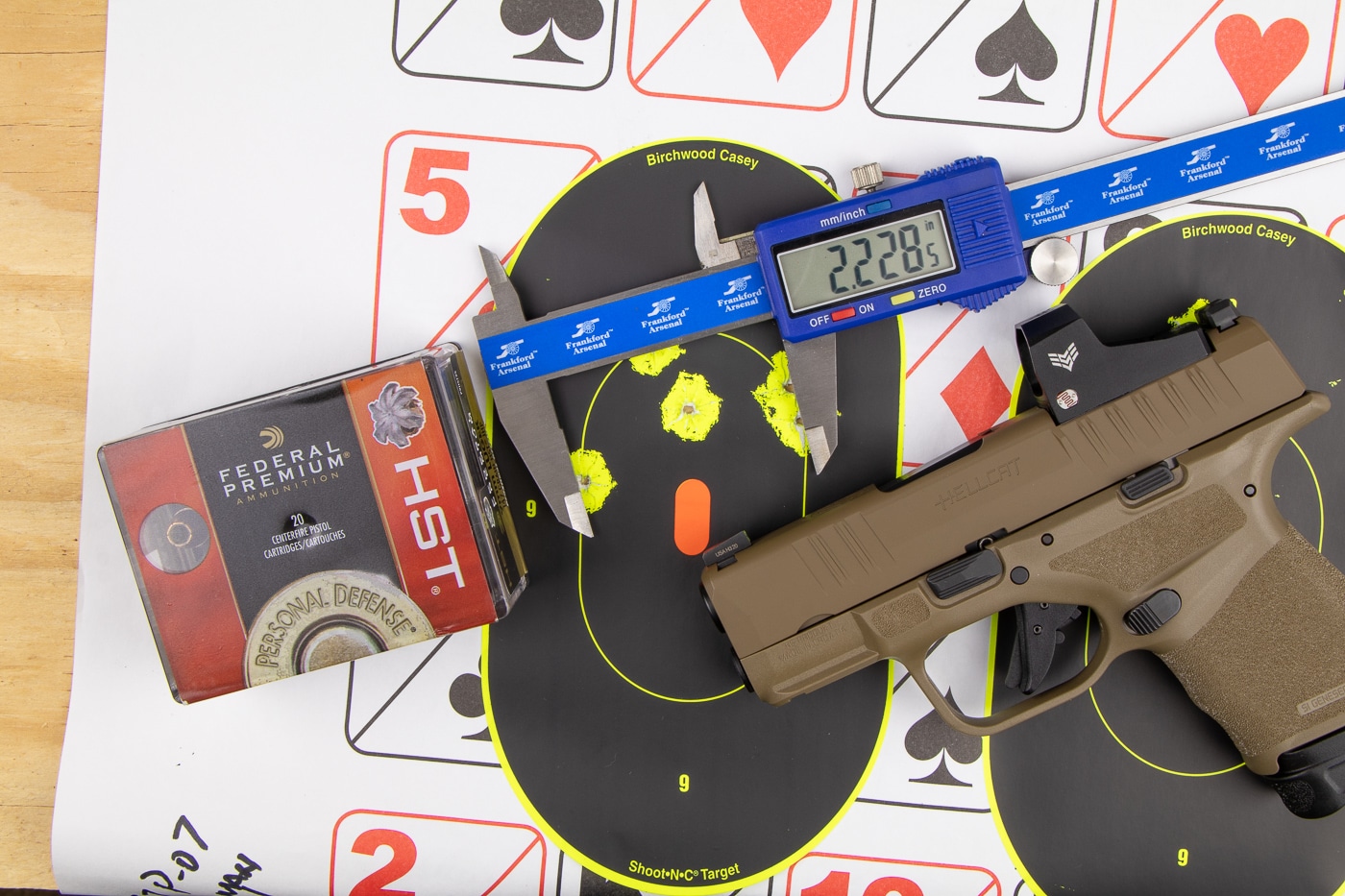
Some clubs organize social events beyond shooting — fundraisers, barbecues, volunteer days. These events build the kind of community that makes membership feel like more than just paying for range access.
Political advocacy happens through gun clubs too. Organized groups carry more weight with legislators than individual gun owners. Clubs mobilize members when Second Amendment rights face legislative threats. They coordinate testimony at hearings, organize letter-writing campaigns, support legal challenges — especially at the local level where large organizations like the NRA might not be involved.
Specialized Equipment and Resources
Gun clubs often own equipment that individual shooters can’t justify buying. Chronographs for measuring bullet velocity. Shot timers for tracking split times. Spotting scopes and target stands. This equipment can get shared among members.
Some clubs maintain gunsmithing facilities or have members with gunsmithing skills who help others. Basic maintenance, sight installation, trigger work — these services become available informally through club connections.
Youth and Junior Programs
Many gun clubs run junior shooting programs — rifle teams, shotgun teams, pistol programs. These programs teach young shooters marksmanship fundamentals, gun safety, and competition skills under certified instructors.
Youth programs often provide equipment so kids can participate without families needing to buy guns, ammunition, and gear upfront. This reduces the barrier to entry for young people interested in shooting sports.
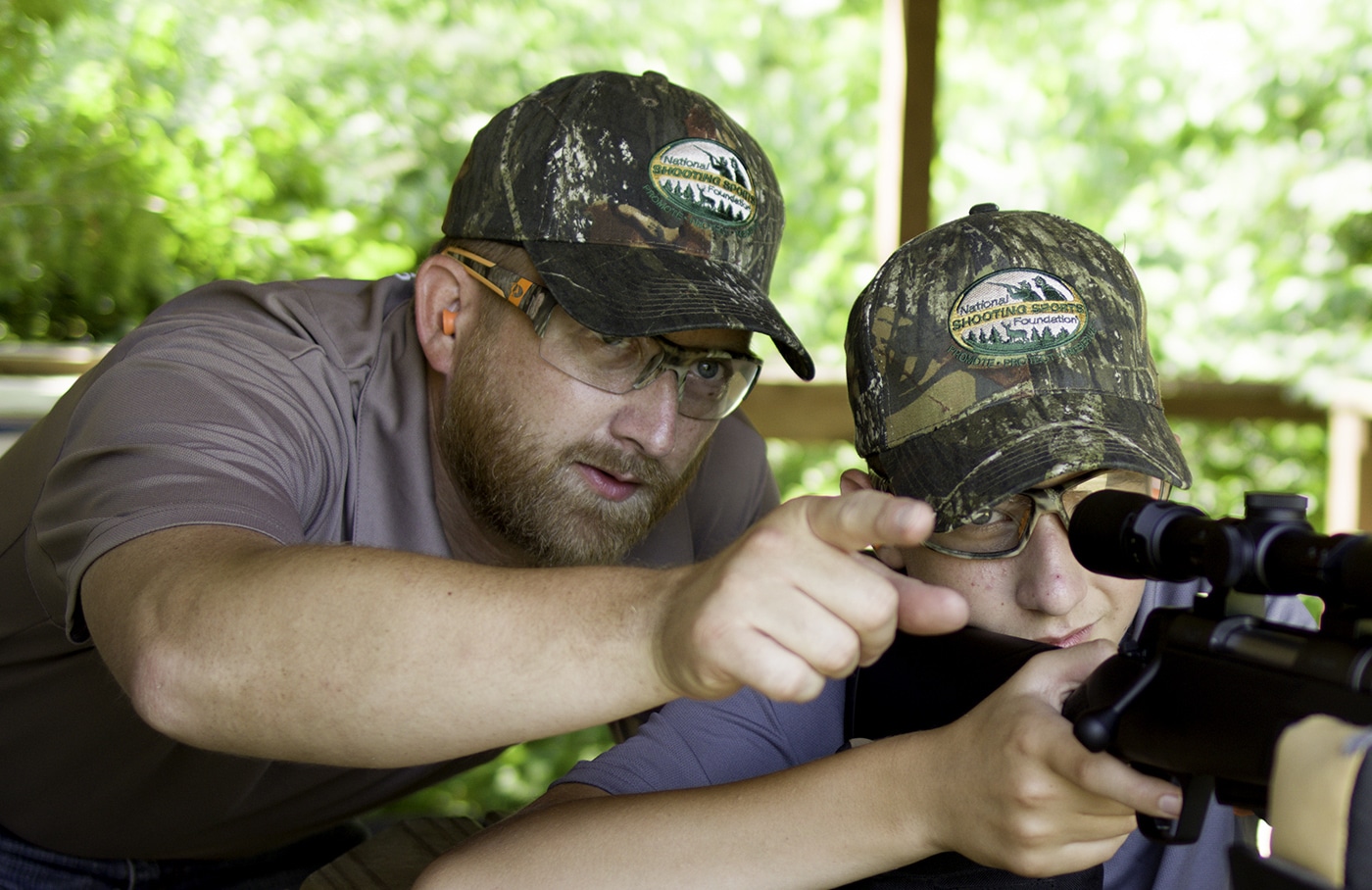
Scholarships exist for competitive junior shooters. Gun clubs help young shooters access these opportunities and connect them with collegiate shooting programs. This pathway has value beyond shooting — discipline, focus, and competitive experience benefit young people in many areas of life.
Also, clubs frequently work with youth groups to provide firearms training. Organizations like Civil Air Patrol, JROTC and Young Marines all benefit from local gun clubs that offer the range time and volunteers to teach firearm skills.
Access to Private or Restricted Land
Some gun clubs operate on private property that wouldn’t be accessible otherwise. Rural clubs might have hundreds of acres. Mountain clubs might include terrain for long-range shooting that doesn’t exist at public ranges.
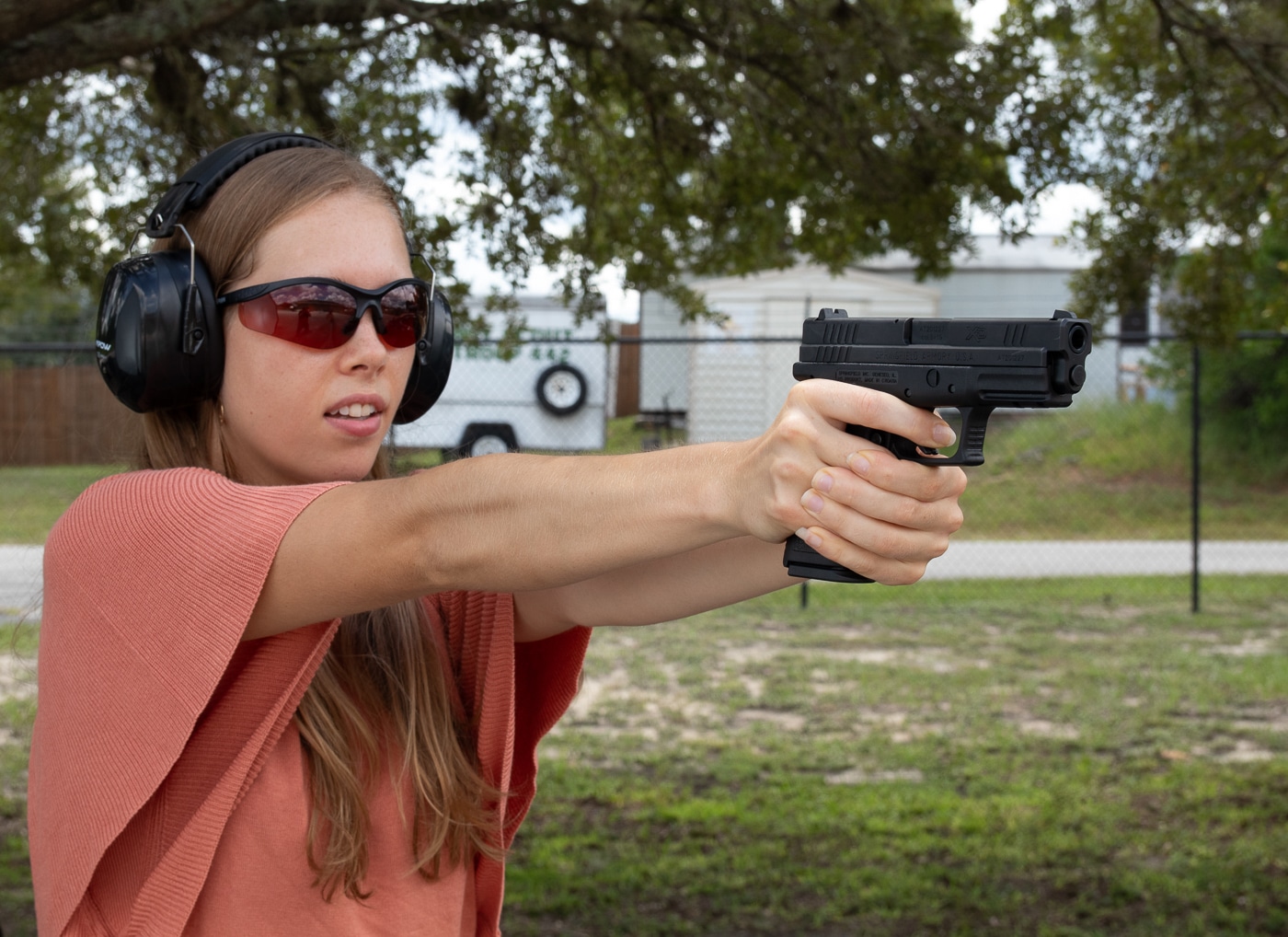
Hunting access sometimes comes with gun club membership. Clubs that own land may allow members to hunt on that property during appropriate seasons. This provides hunting opportunities without needing to secure permission from individual landowners or compete for spots on public land.
Conservation work happens on club properties too. Habitat improvement, trail maintenance, land management practices. Members who enjoy outdoor activities beyond shooting appreciate this aspect of club membership.
Making the Decision
Not every gun club fits every shooter. Some clubs focus on specific disciplines such as trap and skeet, long-range precision or action pistol. Others offer broad facilities for multiple shooting styles.
Definitely visit any club you are considering before joining. Talk to the members. Shoot at their ranges if they allow guests. See whether the culture fits what you’re looking for.
Membership costs vary widely. Small rural clubs might charge $100 annually. Exclusive clubs in expensive areas might charge ten times that. Weigh the cost against how often you’d use the facilities and what alternatives would cost.
Work requirements exist at some clubs. Members contribute labor maintaining facilities, running matches, building improvements. Other clubs hire staff and charge higher dues. Neither approach is better — just different models that appeal to different people.
The benefits of gun club membership compound over time. You get better at shooting. You build relationships. You become part of a community that shares your interests. For people serious about firearms, joining a gun club usually proves worthwhile.
Editor’s Note: Be sure to check out The Armory Life Forum, where you can comment about our daily articles, as well as just talk guns and gear. Click the “Go To Forum Thread” link below to jump in!
Join the Discussion
Read the full article here

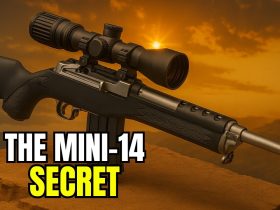
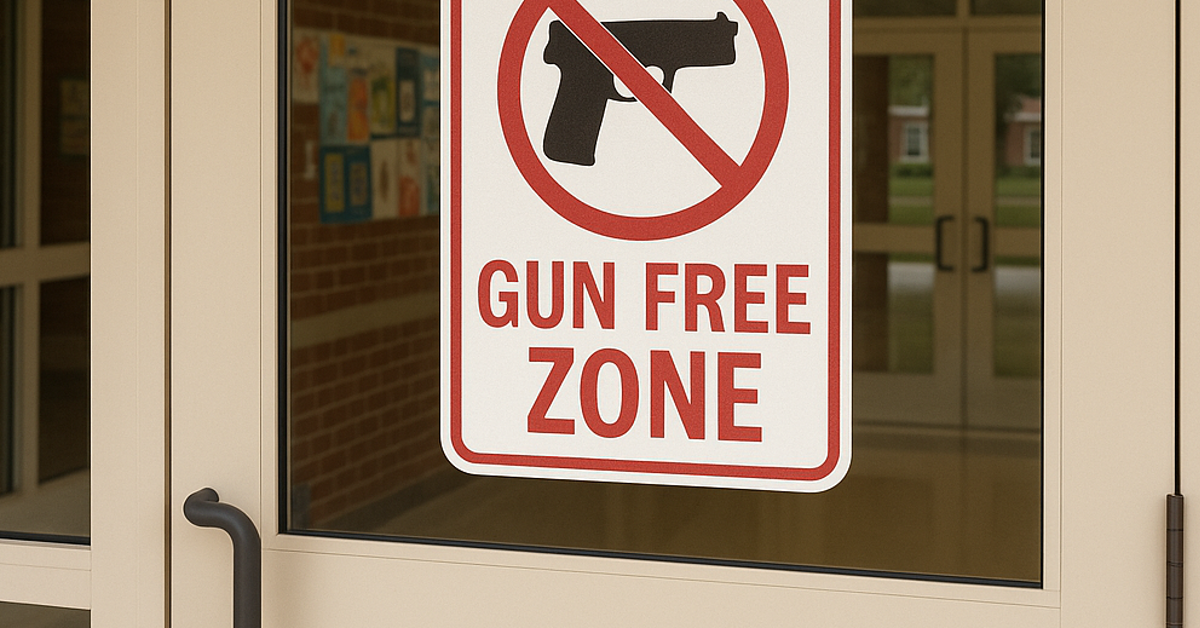


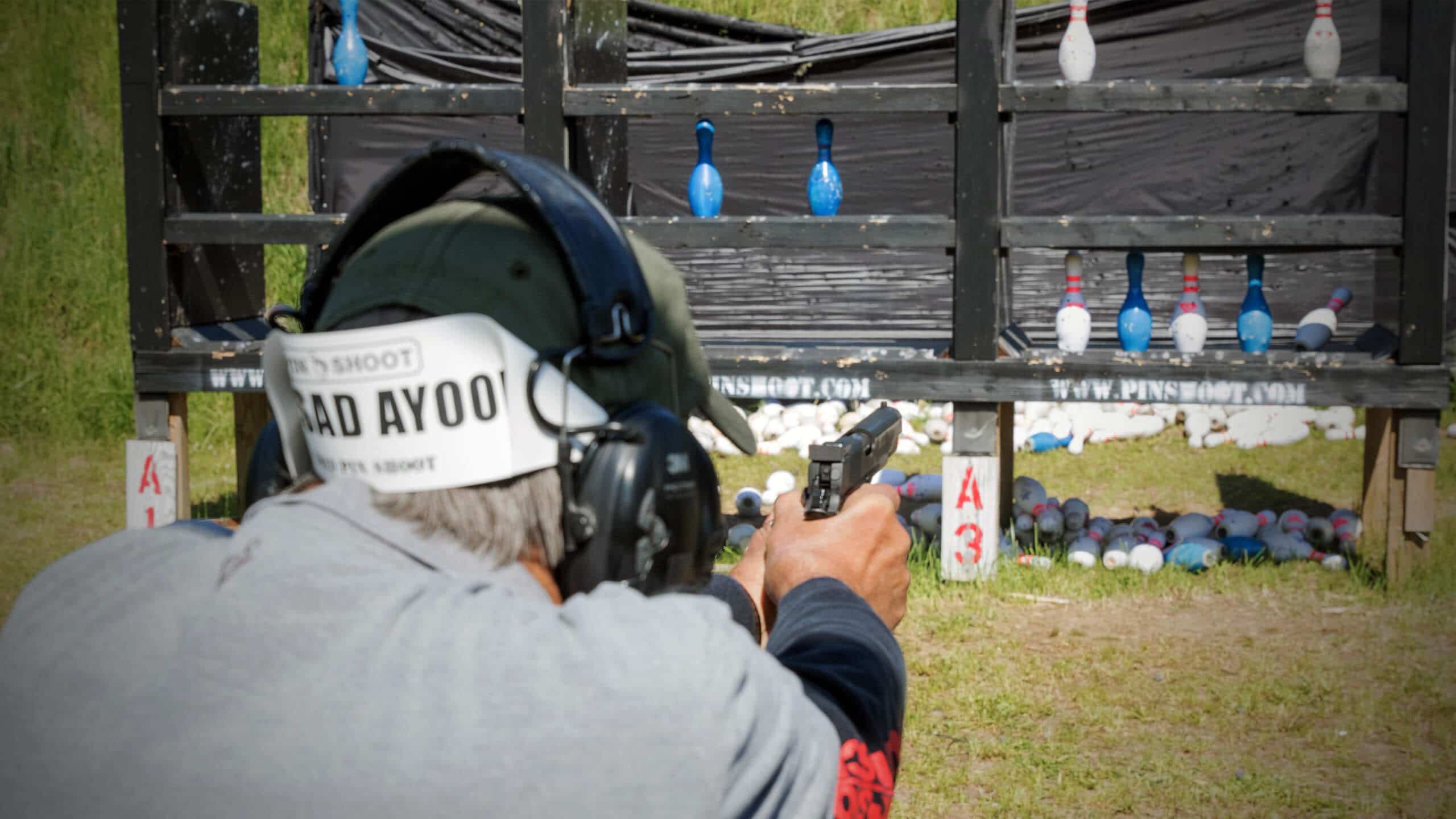



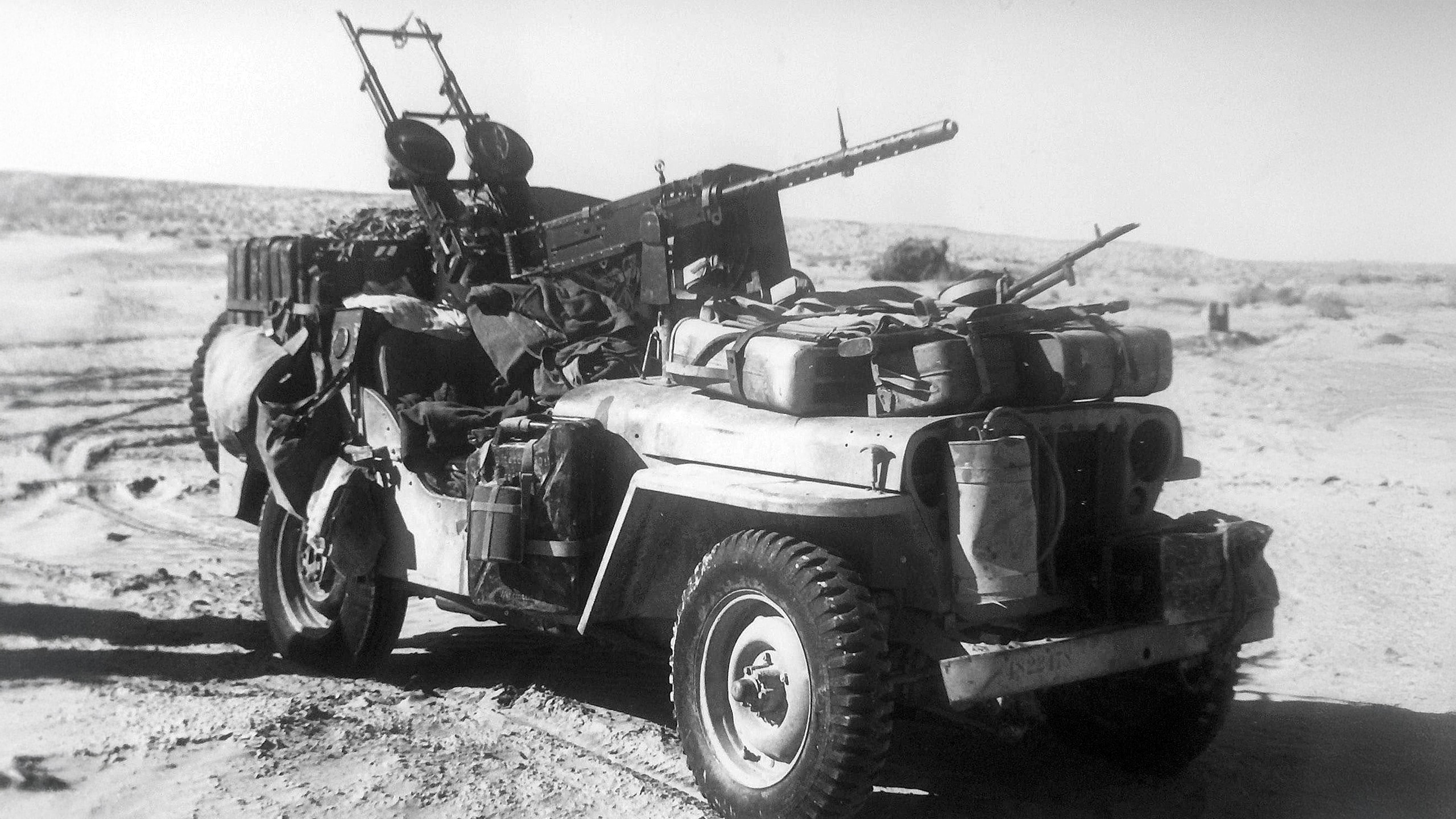

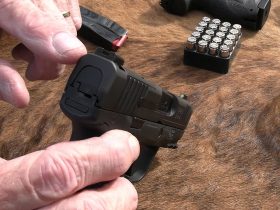

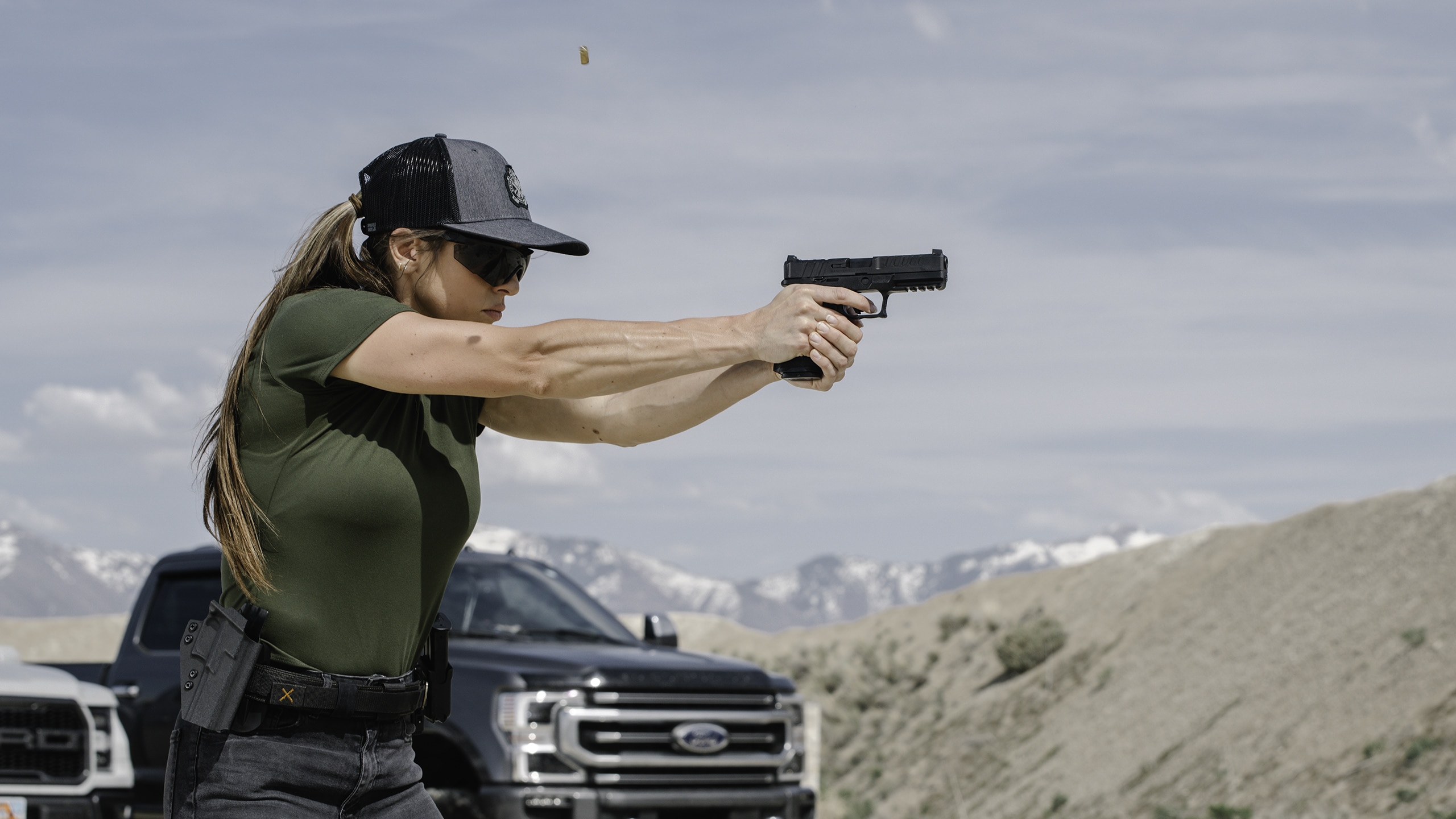
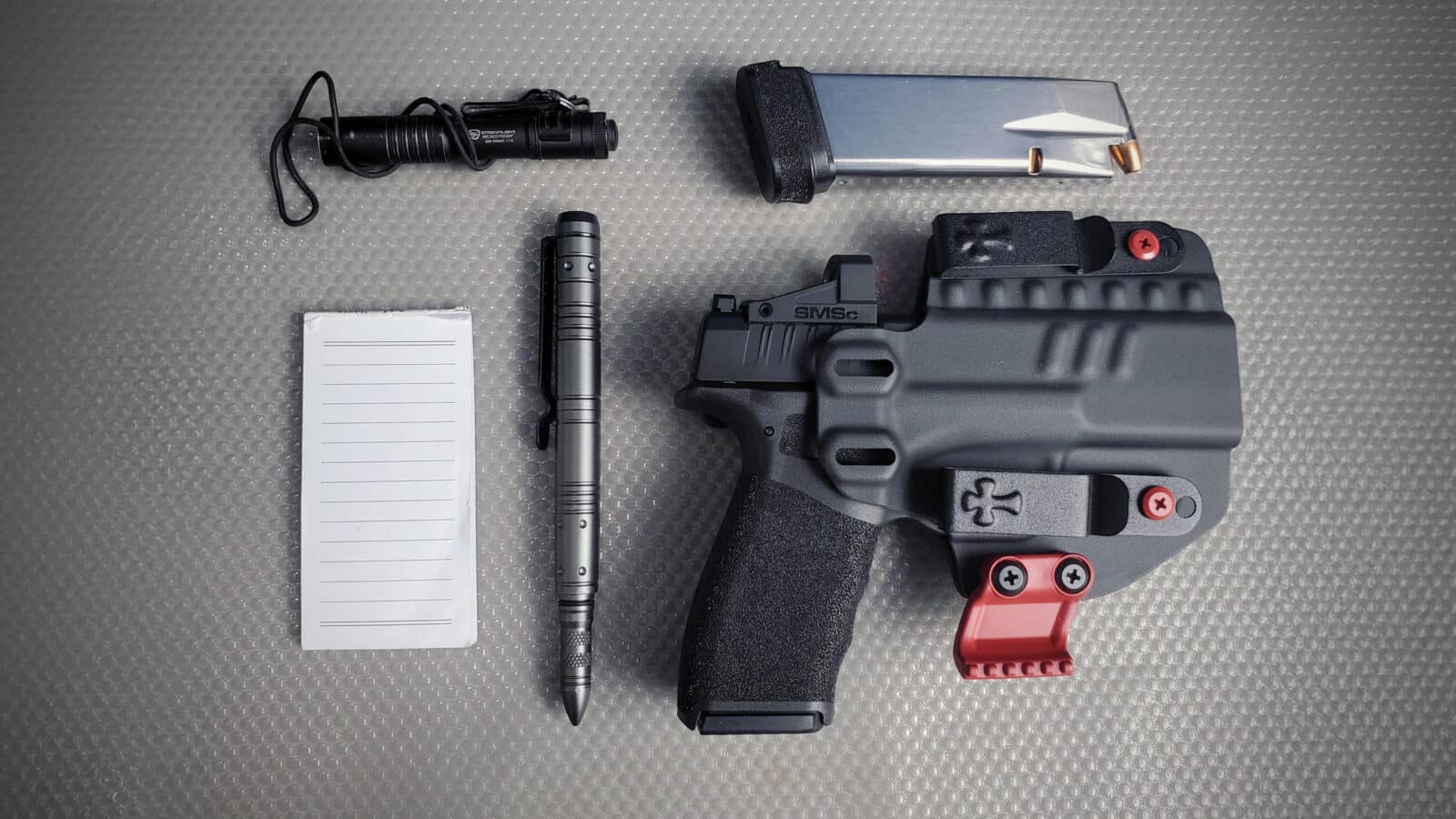
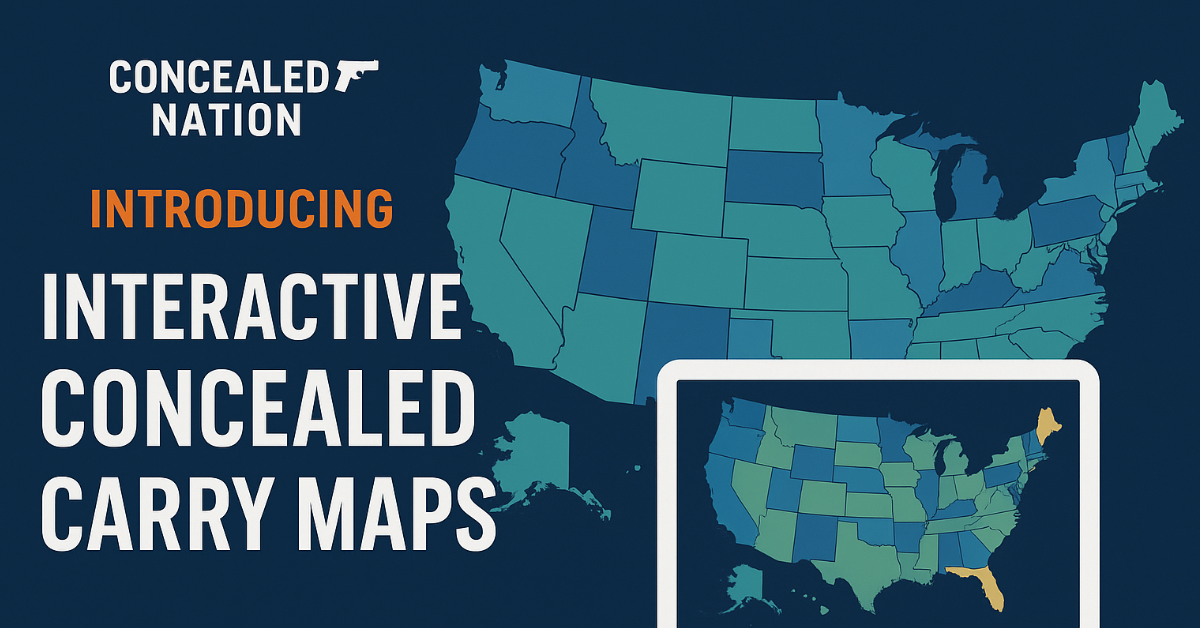
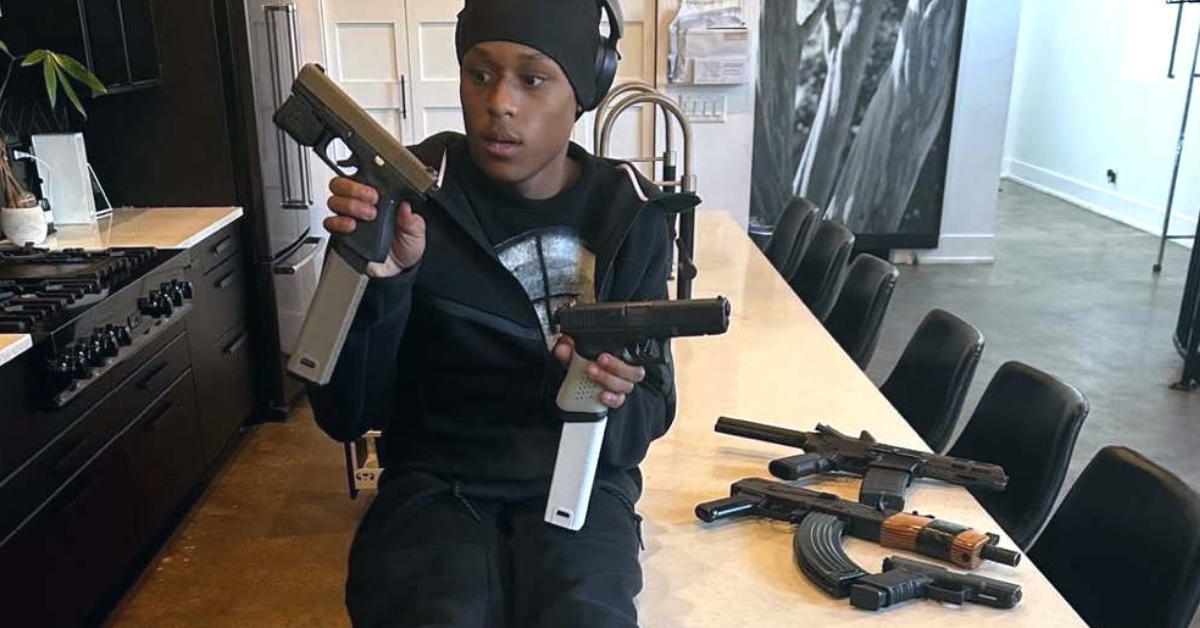
Leave a Reply